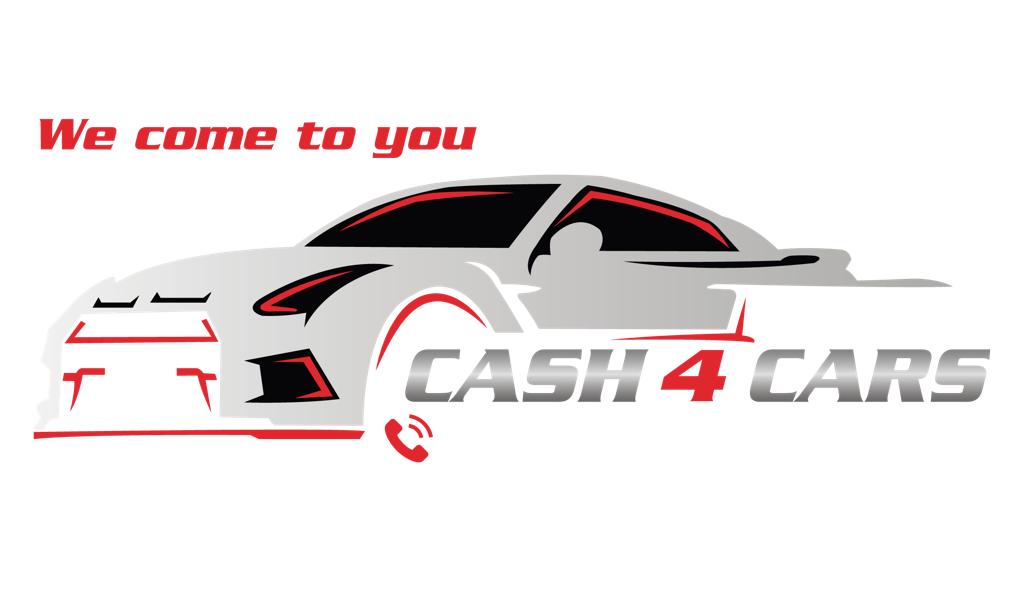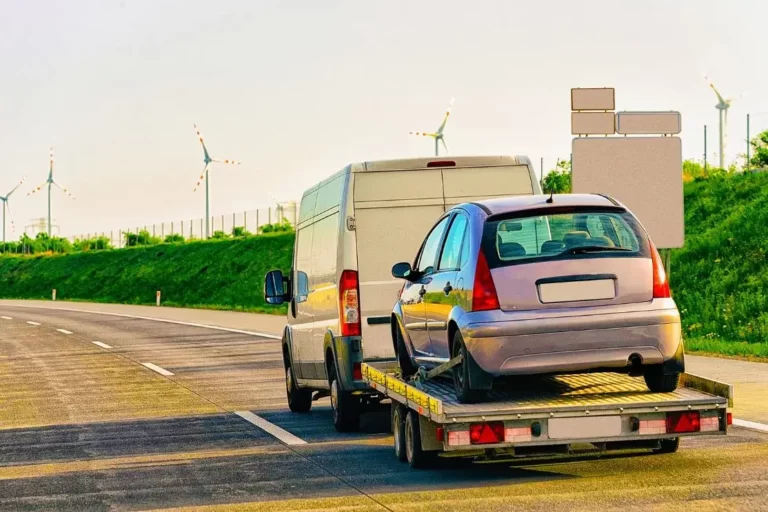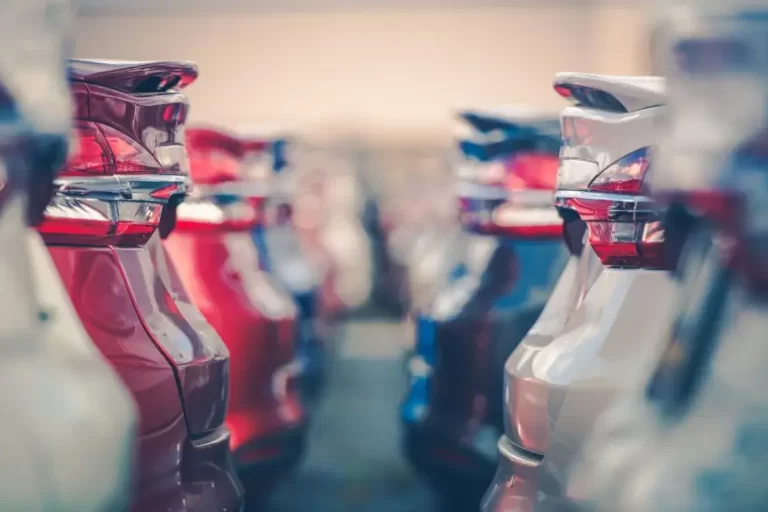Sell My Car For Parts Near Me
Are you interested in selling your scrap car? If you’re looking to get the most out of your investment, selling a car you no longer need or a junk car for parts might be the perfect solution.
One big advantage of this choice is that it allows individuals to recoup some of the costs associated with buying, maintaining, and repairing a vehicle.
This article will look at the different ways to sell a car for parts locally. The discussion will focus on costs, convenience, getting cash for cars in Melbourne, and availability.
Furthermore, this guide will assist you in determining the most effective method to sell your car so that you can obtain the maximum cash offer and achieve the greatest value and profit from your sale.
Assessing The Vehicle’s Condition
When evaluating a vehicle for parts, the initial step is to examine the prices and figure out the expenses associated with selling it. Be aware that you may have to pay extra charges, like taxes and fees, before getting rid of your car or any car parts.
Once you’ve identified the specific automotive parts you need, the next step is to research nearby stores and compare prices. This way, you can find the best deal in town and avoid overspending on the parts.
Researching online resources can help identify which local outlets offer competitive pricing and show how much money could be made by selling car parts.
Speak with professionals who sell auto parts to get advice on how to make the most profit from selling parts from a vehicle. They can provide valuable tips on current market trends.
Finding The Right Buyer
Having assessed the condition of your car, it is now time to find the right buyer for selling your used car for parts. There are a few steps that need to be followed to make sure you receive the best price and deal with reliable buyers:
- Researching potential buyers: It is important to research local auto part shops and online retailers interested in purchasing car parts from vehicles like yours. Make sure they offer fair prices and provide trustworthy customer service.
- Negotiating prices: Once you have identified potential buyers, contact them directly or visit their store/website to inquire about buying individual components of your vehicle, such as engines, transmissions, wheels, doors, etc., and negotiate on pricing depending on their demand and availability of inventory.
- Making payment arrangements: The last step is making payment arrangements with the buyer once both parties agree on a certain price point. Depending on the buyer’s chosen method of payment, this could range from cash payments at pickup locations after the successful delivery of items purchased or electronic bank transfers if items are being shipped out remotely.
Ultimately ensuring that you get top dollar for your used car requires considering all these factors when selling it off for parts near you, researching buyers, negotiating prices, and arranging payments accordingly.
With the correct approach to each step mentioned above, you can easily maximize profits while providing quality automotive pieces to those interested.
Understanding The Value Of Your Car
Estimating the value of a car for parts can be a complex process. Automotive professionals must consider various factors when determining its worth, such as comparing models and calculating costs.
To accurately assess these values, careful research should be done to ensure that buyers are getting the right deal.
To know the true value of a car for sale, compare its year, make, model, trim level, and available options with those of other cars. Additionally, all components should be inspected and evaluated to identify any potential issues or repairs needed before attempting to sell the vehicle. This will help establish a fair price point between buyer and seller.
Before selling your car, it’s important to take into account any additional services that may be needed. This may include replacing tires or getting an oil change, among other things.
These extra expenses should also factor into arriving at a final cost for each part sold from the automobile. By taking these steps, sellers can anticipate how much money they’ll receive from breaking down their cars into separate parts.
Knowing The Legal Requirements For Selling A Car For Parts
When selling a car for parts, it is important to understand the applicable laws. Knowing these legal requirements can help ensure that both parties are legally protected and that the sale process goes smoothly.
Properly documenting your vehicle’s sale is important to protect yourself from any potential liability issues later. This document should include all relevant information such as make and model, year, mileage, VIN number, condition of parts being sold, the price negotiated, and terms of payment.
Negotiating a fair market value for your car parts requires doing some research, so you have an accurate idea of what they may be worth. Consider any damage or wear and tear when negotiating a price with buyers.
It also pays to shop around for other sources if you’re unsatisfied with the offers made by local buyers near you.
Maximizing Your Profits
Having completed the legal requirements for selling a car for parts, it is time to focus on maximizing profits. To do so, researching prices and understanding pricing strategies are key. Researching current market values can provide insight into what may be fair prices in certain areas or regions, ensuring that you don’t underprice yourself.
Additionally, having an initial idea as to which components of your vehicle will have value before beginning negotiations with potential buyers can help ensure you receive the best possible price.
In addition to researching market trends, there are several other ways sellers can maximize their gains when selling a car for parts:
- Seek out specialty outlets or junkyards if available; these offer unique opportunities to obtain higher sales figures than one might find at larger retailers.
- Be flexible with payment options; offering discounts when customers pay with cash could lead to higher overall profits due to reduced transaction costs.
- Consider bundling multiple items together; this strategy increases profit margins by creating more attractive deals for potential buyers and allowing sellers to charge slightly higher prices per item than would otherwise be possible.
When done correctly, selling a car for parts offers numerous benefits, such as providing income from unwanted vehicles and enabling owners to dispose of them responsibly without harming the environment.
By following the legal steps outlined above and taking advantage of smart pricing strategies, sellers can ensure maximum returns on their investment while helping others acquire much-needed auto components.
Closing the Sale and Ensuring Safe Disposal
Once you have covered all the steps discussed above to sell your car for cash or for selling spare parts in good condition, In this section, we will discuss how to finalize the sale, ensure proper disposal of hazardous materials, and leave a minimal environmental footprint.
Finalizing the Sale and Receiving Payment
Once you have found the right buyer and negotiated the best deal for your car’s parts, it is time to finalize the sale. To do this, you should:
- Create a bill of sale that details the transaction, including the agreed-upon price, the parts being sold, and any other relevant terms and conditions.
- Ensure both parties sign the bill of sale and exchange copies for record-keeping purposes.
- Arrange for the transfer of payment through a secure method, such as a cashier’s check, electronic transfer, or an escrow service, to avoid potential fraud.
You can maintain a positive relationship with the buyer and safeguard your interests by ensuring a smooth transaction process.
Ensuring Proper Disposal of Hazardous Materials
Selling your car for parts also involves taking responsibility for the safe disposal of hazardous materials. Some components, such as batteries, airbags, and fluids, contain substances that can harm the environment and human health if not handled properly. To ensure responsible disposal, follow these steps:
- Identify the hazardous materials in your car and familiarize yourself with their proper disposal methods.
- Consult with the buyer to ensure they have the necessary permits and facilities for handling hazardous materials.
- If the buyer is not equipped to handle hazardous materials, consider engaging a professional recycling or disposal service to manage these components responsibly.
By taking these precautions, you can contribute to a cleaner and safer environment while adhering to local regulations.
Leaving a Minimal Environmental Footprint
Selling your car for parts can help reduce the environmental impact of automotive waste, as it encourages recycling and reuse. To further minimize your environmental footprint, consider the following:
- Promote the use of recycled auto parts within your community and online networks. This can help raise awareness of the benefits of recycling and reduce the demand for new parts.
- Choose buyers who prioritize eco-friendly practices, such as recycling or refurbishing parts, over those who simply dispose of them in landfills.
- Encourage adopting green practices in your daily life, such as using public transportation, carpooling, or investing in an electric or hybrid vehicle.
Conclusion
In conclusion, determining the value of your car and finding a buyer willing to purchase it for parts can be an involved process. It’s important to assess the condition of your vehicle to accurately gauge its worth before selling it for parts.
Additionally, ensure that all legal requirements are met when transferring ownership to avoid any complications or issues with law enforcement. With careful consideration and preparation, you should have no problem selling your car for parts near you and maximizing your profits from this transaction.
Remember to call Car And Motorcycle Wreckers and get your free quotation today to get the highest cash offer for your automobile and ensure a smooth selling process.
Frequently Asked Questions
Q: Can I sell my car for parts near me?
A: Yes, you can sell your car for parts near you. Many auto salvage yards and car wreckers buy old cars for parts. You can easily find them online or by asking around your local area.
Q: How do I sell my car for parts?
A: You can sell your car for parts by contacting local car wreckers or auto salvage yards. They will inspect your car and make you an offer based on the parts that can be salvaged.
Q: What if my car is in good condition?
A: If your car is in good condition, you may be able to sell it for a higher price than just selling it for parts. Consider selling it to a used car dealer or listing it online on Craigslist or Facebook Marketplace.
Q: Can I sell my car for cash?
A: Yes, many car wreckers and salvage yards offer cash for cars. They will inspect your car and make you an offer. If you accept their offer, they will pay you in cash on the spot.
Q: What types of cars can I sell for parts?
A: You can sell any type of car for parts, whether it is an old car or a newer model.
Q: What if my car needs to be in better shape?
A: If your car is not in good shape, you can still sell it for parts. Salvage yards often buy cars in any condition, as they can still extract valuable parts.
Q: Can I sell specific car parts?
A: Yes, you can sell specific car parts. If you have a car in good condition but want to sell certain parts, you can list them for sale online or contact local auto parts stores.
Q: How do I get the best price for my car parts?
A: To get the best price for your car parts, it’s important to shop around and get quotes from multiple buyers. You can also try to remove and sell the parts yourself rather than selling the whole car for parts.
Q: Can I get an instant cash offer for my car?
A: Many car wreckers and salvage yards offer instant cash for cars. You can usually get a quote online or over the phone, and if you accept the offer, they will pay you in cash on the spot.
Q: Is it environmentally friendly to sell my car for parts?
A: Yes, selling your car for parts is environmentally friendly. Car parts can be recycled and reused, reducing the need for manufacturing new parts.







